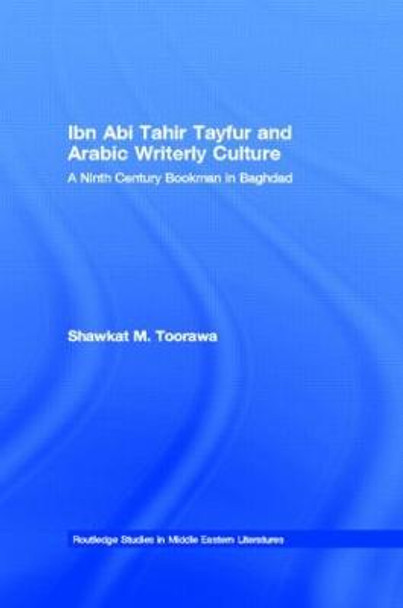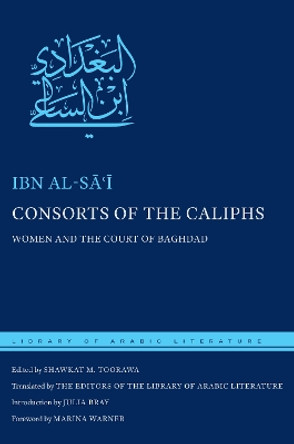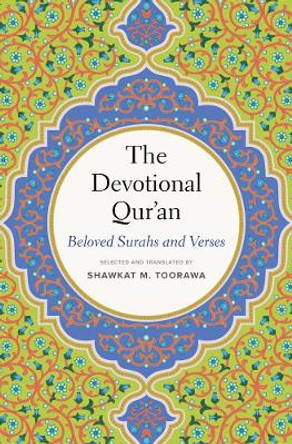Description
Toorawa re-evaluates the literary history and landscape of third to ninth century Baghdad by demonstrating and emphasizing the significance of the important transition from a predominantly oral-aural culture to an increasingly literate one. This transformation had a profound influence on the production of learned and literary culture; modes of transmission of learning; nature and types of literary production; nature of scholarly and professional occupations and alliances; and ranges of meanings of certain key concepts, such as plagiarism. In order to better understand these, attention is focused on a central but understudied figure, Ibn Abi Tahir Tayfur (d. 280 to 893), a writer, schoolmaster, scholar and copyist, member of important literary circles, and a significant anthologist and chronicler. This book will appeal to anyone interested in Arabic literary culture and history, and those with an interest in books, writing, authorship and patronage.
About the Author
Shawkat M. Toorawa is Assistant Professor of Arabic Literature at Cornell University. He has co-authored Interpreting the Self: Autobiography in the Arabic Literary Tradition (University of California, 2001); co-edited Arabic Literary Culture, 500-925 (Gale, 2004); and translated Adonis's A Time between Ashes and Roses (Syracuse University Press, 2004).
Book Information
ISBN 9780415595896
Author Shawkat M. Toorawa
Format Paperback
Page Count 228
Imprint Routledge
Publisher Taylor & Francis Ltd
Weight(grams) 420g










![The [European] Other in Medieval Arabic Literature and Culture: Ninth-Twelfth Century AD by Nizar F. Hermes 9781349292134 The [European] Other in Medieval Arabic Literature and Culture: Ninth-Twelfth Century AD by Nizar F. Hermes 9781349292134](https://cdn11.bigcommerce.com/s-zkx5lhzlf8/images/stencil/444x444/products/5394288/5471545/9781349292134__57865.1725202540.jpg?c=1)